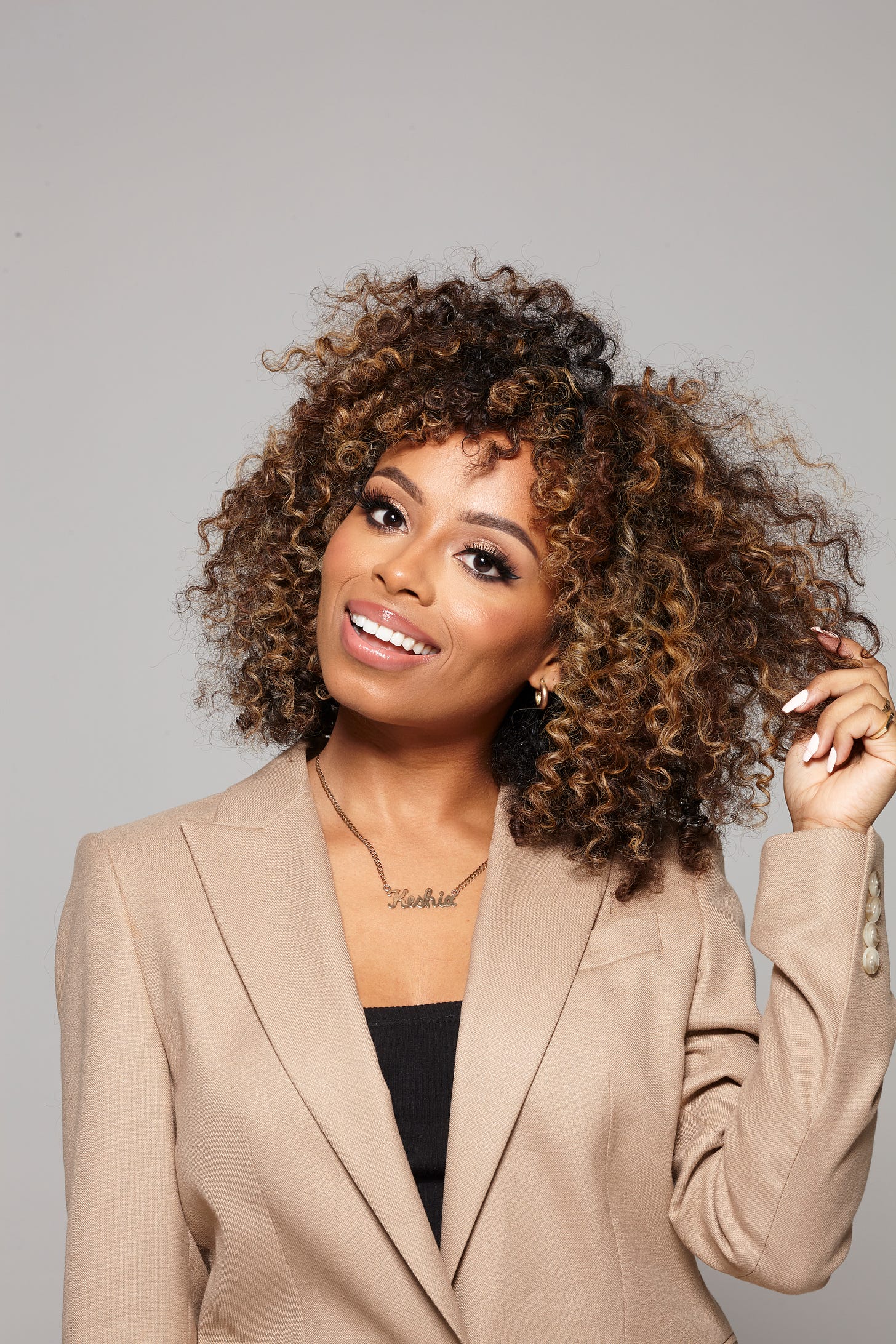Keshia East: “There’s so much more to being mixed-race than what we look like”
The entrepreneur on rituals, embracing her heritage and being boxed into roles based on your success
Hi, welcome back to Mixed Messages! This week I’m speaking to entrepreneur and creator Keshia East, who is of mixed Ghanaian and white British heritage. Known for her bold curls and bright personality, I was excited to speak to Keshia about how her heritage has impacted her career as an entrepreneur, as well as how she’s felt about her mixed identity ov…


